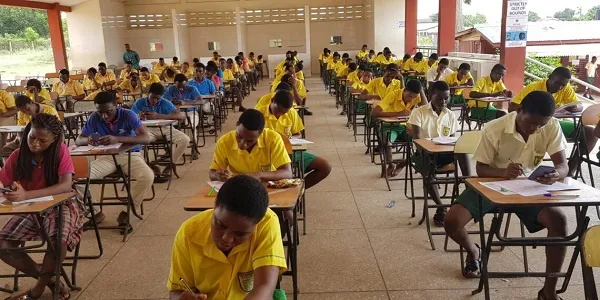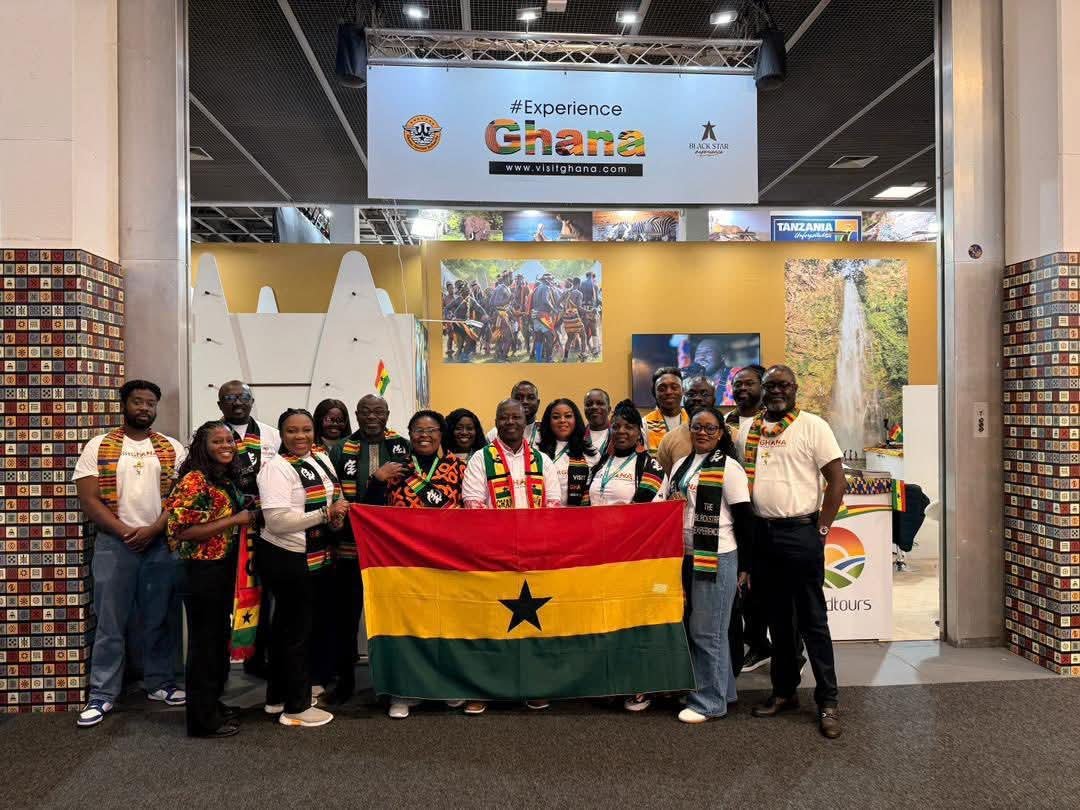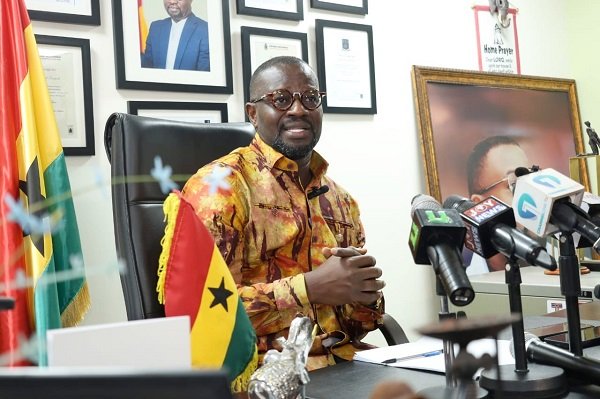Hot!
Ghana to write 2022 WASSCE alone

Only Ghanaian candidates are left to write the West African Senior High School Certificate Examination (WASSCE), scheduled from August 1 to September 27, 2022.
This is because the other four-member countries of the West African Examinations Council (WAEC) — Nigeria, Liberia, Sierra Leone and The Gambia have returned to the May/June calendar and had administered the WASSCE for their school candidates from May 9 to June 24, this year.
The four countries have had their academic calendars streamlined to enable them to write the examination in May/June, as Ghana sticks to the ‘new normal’ calendar occasioned by the COVID-19 pandemic in 2020.
Notwithstanding the late sitting, Ghanaian candidates will still compete for the National Distinction Award and the WAEC Excellence Award with candidates from those countries.
“Our candidates will still compete for the National Distinction Award and the WAEC Excellence Award, which is normally competed for by all candidates in the five-member countries,” the Head of the Ghana National Office of WAEC, Wendy Enyonam Addy-Lamptey, said.
Semester system
In an exclusive interview with the Daily Graphic, Mrs Addy-Lamptey explained that because candidates in the country started their academic year on February 7, this year, as a result of the new semester system, they were unable to subscribe to the examination.
She explained that considering the beginning of the 2022 academic year, the time was too short for the candidates to write the WASSCE in May/June.
“The time was too short and the candidates would not have adequately prepared for the examination and so the Ministry of Education requested that it be conducted for them in August and September 2022.
“Following from that, Ghanaian candidates will write a Ghana-only version of the WASSCE for School Candidates, starting from August 1 and ending on September 27,” she explained.
Caution
Mrs Addy-Lamptey observed that rogue website operators and scammers had already obtained snapshots of past question papers for WASSCE 2022 administered in the other member countries and were using those snapshots to advertise their websites.
“Some have requested candidates to register by paying a fee. We want to inform our publics that the examination being conducted has totally different questions/parallel questions from the papers written in the other member countries,” she emphasised.
The Head of the National Office of WAEC, however, added that the questions would certainly be of the same difficulty level and gave an assurance that “all post-examination arrangements will be handled internationally”.
“For example, the Standard Fixing and Grading Awards meetings will have representatives from the five member countries,” she explained.
Preparation
A total of 422,883 candidates from 977 schools registered for the WASSCE after the extended closing date of April 8, 2022.
The entry figure included 72 candidates with visual impairment, made up of 39 males and 33 females, as well as 14 candidates with hearing impairment.
Mrs Addy-Lamptey explained that 60 subjects, comprising four core and 56 electives, would be administered to prospective candidates.
“In addition to the four core subjects that all candidates write, candidates have the option to select up to a maximum of four elective subjects from the seven programmes offered in senior high schools,” she further explained.
Depots
She explained that the council utilised dedicated facilities (depots) for the storage of confidential materials in the various communities, and gave an assurance that “such facilities have been inspected and the necessary fortification and refurbishment works are being done to ensure that they meet the security requirements”.
“This year, the number of depots has been increased to reduce the time taken in moving the question papers from the depots to the examination centres, pushing the depots closer to the examination centres,” she said.
Source: Graphic.com.gh
Hot!
Ghana Showcases Culture and Investment Potential at ITB Berlin 2026

Ghana Tourism Authority is leading Ghana’s participation at ITB Berlin, which opened in Berlin with a vibrant national pavilion highlighting Ghana’s rich cultural heritage, tourism destinations and investment opportunities.
March 5 has been designated as Ghana Day, a special platform to promote Ghana’s languages, cuisine, Kente, festivals and business prospects to the global tourism community. The stand has already drawn strong interest with traditional arts and crafts displays, immersive multimedia presentations and popular Ghanaian snacks.
Seven private-sector players are exhibiting alongside government officials as part of efforts to deepen trade partnerships, expand market access, and attract investment across the hospitality, heritage tourism, ecotourism, and creative arts sectors.
Ahead of the official opening, the Ghana delegation also engaged young Ghanaian investors in Germany in collaboration with V Afrika-Verein and the Ghana Embassy, strengthening diaspora investment linkages and highlighting opportunities within the tourism value chain.
Ghana’s coordinated presence at ITB Berlin 2026 reinforces its strategy to position the country as the Gateway to Africa and a competitive destination for leisure travel and global investment.
Hot!
Annoh Dompreh raises alarm over DACF arrears, calls for payment of contractors

The Member of Parliament for Nsawam Adoagyiri, Frank Annoh Dompreh, has expressed concern over delays in the release of the District Assemblies Common Fund, warning that the situation is stalling development across the country.
On his facebook page, he described as a matter of urgent national importance, the Minority Chief Whip pointed to what he sees as a growing crisis of unpaid contractors, abandoned projects, and halted infrastructure works in many districts.
He noted that several communities are grappling with half completed schools, unfinished health facilities, abandoned markets, deteriorating roads, and stalled sanitation projects.
According to him, many contractors who have executed projects for district assemblies have not been paid, forcing some construction firms to demobilise from sites while workers lose their jobs.
He stressed that the District Assemblies Common Fund is not a discretionary allocation but a constitutional requirement under Article 252 of the 1992 Constitution, intended to support development at the local level.
In his view, years of delayed releases and accumulated arrears have weakened district development financing and disrupted projects meant to improve living conditions in communities.
He further argued that some payments made in recent years were largely the settlement of old debts rather than funding for new or ongoing projects, a situation he believes has affected contractor confidence and local economic activity.
He described the issue as more than a budgetary challenge, characterising it as a development emergency and a governance concern.
He therefore urged the appropriate authorities to pay outstanding DACF arrears, settle contractors who have completed their work, and ensure that transfers to districts are automatic and predictable.
He maintained that decentralisation can only succeed when district assemblies receive adequate and timely funding to carry out development projects.
He emphasised that stalled projects directly affect ordinary citizens, since they rely on such infrastructure for education, healthcare, transportation, sanitation, and economic activities.
He called for renewed attention to grassroots development, insisting that national progress should not be concentrated only in major cities but extended to all communities.
By: Jacob Aggrey






